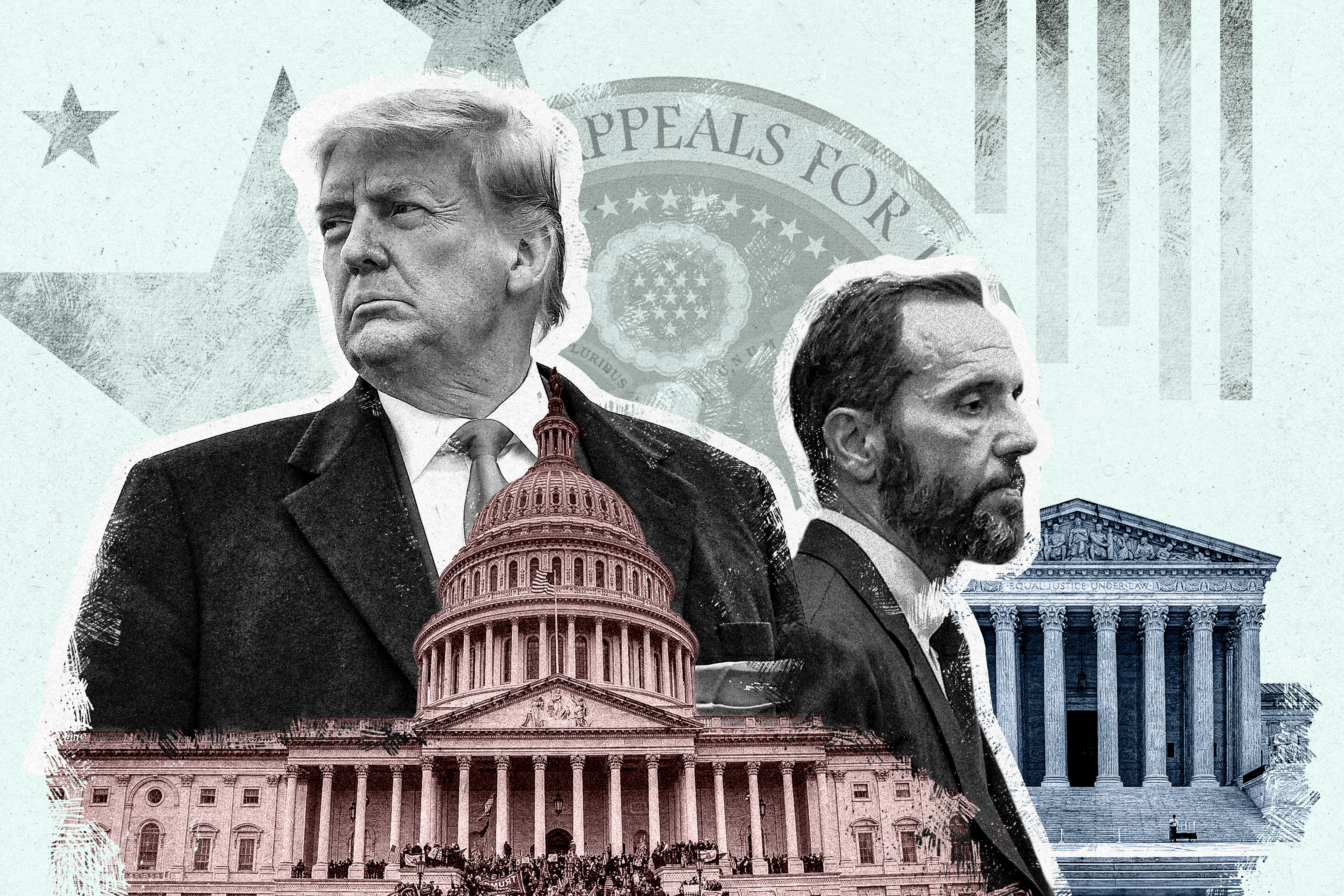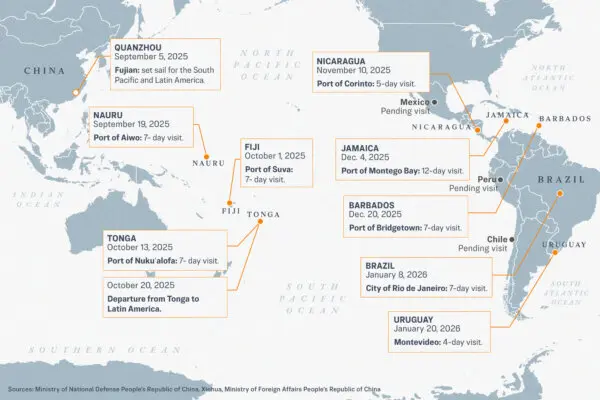Former President Donald Trump is unlikely to stand trial as scheduled in the District of Columbia, where he’s accused of conspiring against and obstructing the federal government through his efforts to challenge the results of the 2020 election, according to several lawyers and legal experts.
The trial has been set for March 4, a politically significant date since it falls just one day before Super Tuesday, when the greatest number of U.S. states will hold primary elections. However, the pretrial proceedings have grown increasingly complex, with several pending motions and appeals, as well as a case before the Supreme Court that could collapse half the charges.










